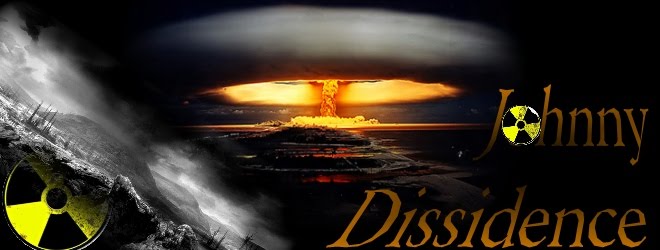Interesting article covering what a lot of us might know already. The most interesting thing for me, is the low % of gays relative to straights, whereas the stereotyped percentage of population is around 10%, this study only found around 1.4% identified themselves as gay or bisexual, but interestingly, 2-3% claiming same-sex relations. Goes to show how artifically inflated that 10% might be, and why wouldn't it? There is an undeniable political element to gay organisations, what better way to get people to take you more seriously if they think you constitute a larger proportion of the population?
Childhood abuse and homosexuality linked in study
By Jarrod Booker4:00 AM Friday Jul 23, 2010

Rainbow Wellington is warning against jumping to conclusions regarding the link between child abuse and homosexuality. Photo / APN
The New Zealand Mental Health Survey by the University of Otago in Christchurch has found that people identifying themselves as gay, lesbian, bisexual or having had same-sex encounters are more likely to have experienced events such as sexual assault and violence in the home as children.
But national advocacy group Rainbow Wellington says it should not be assumed that people become attracted to the same sex as a result of those traumatic childhood events.
"Although I have no doubt that the religious right will leap to the conclusion that this goes to show conclusively that homosexuals are made rather than born, I don't think that's the conclusion you could draw," said chairman Tony Simpson.
"Most of the research I have seen suggests that you are, in fact, born into a particular orientation."
Study researcher, Associate Professor Elisabeth Wells, said the more adverse events experienced in childhood, the more likely someone was to belong to one of the groups other than heterosexual.
"People who either identify themselves as homosexual or bisexual, or have had a same-sex encounter or relationship, tend to come from more disturbed backgrounds," Associate Professor Wells said.
The study questioned 13,000 people aged 16 and over on mental health issues. Ninety-eight per cent of the respondents identified themselves as heterosexual, compared to 0.8 per cent identifying themselves as homosexual, 0.6 per cent as bisexual and 0.3 per cent as "something else".
Experiencing a same-sex encounter was more common than identifying as either homosexual or bisexual. Nearly 2 per cent reported they had been in a same-sex relationship, while another 3 per cent reported having experienced a same-sex encounter.
Family First spokesman Bob McCoskrie said there should always be concerns around the possible outcomes of childhood abuse.
By Jarrod Booker | Email Jarrod




No comments:
Post a Comment